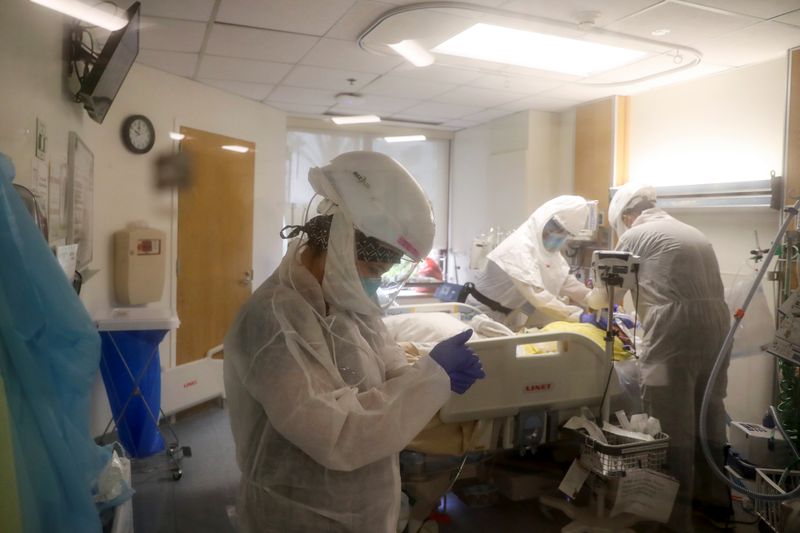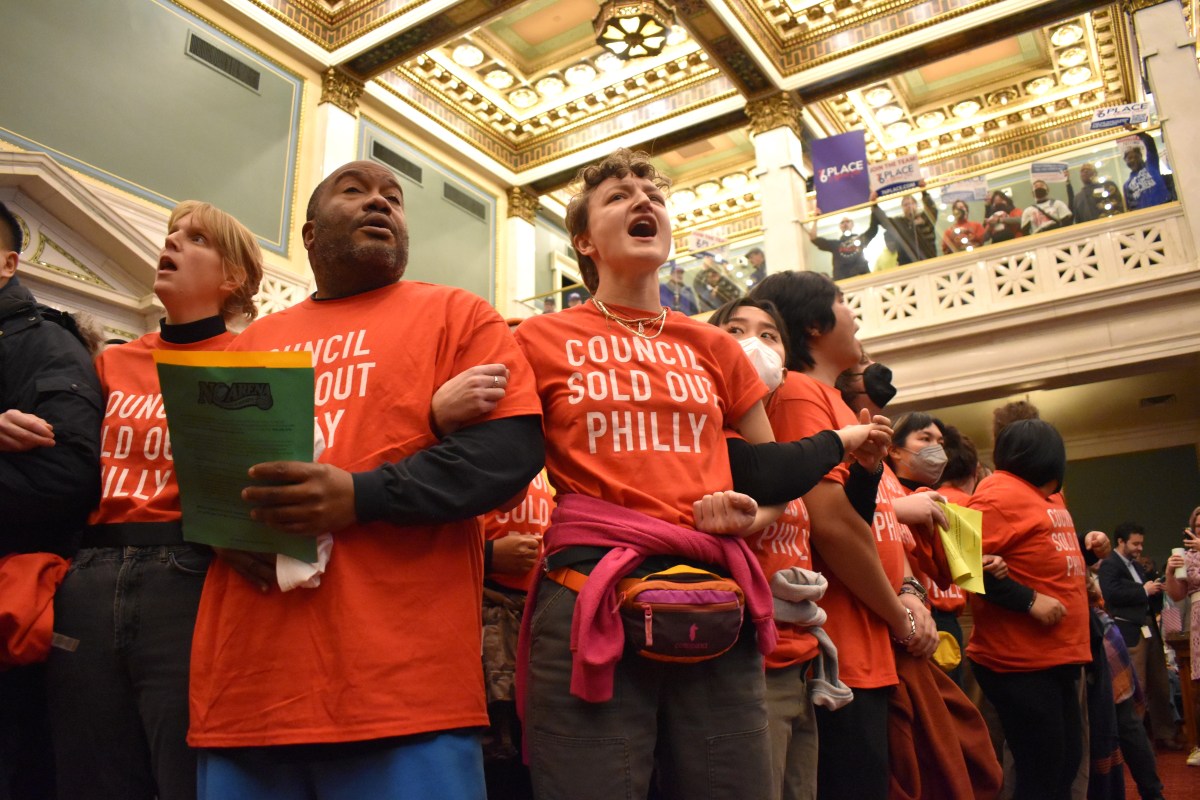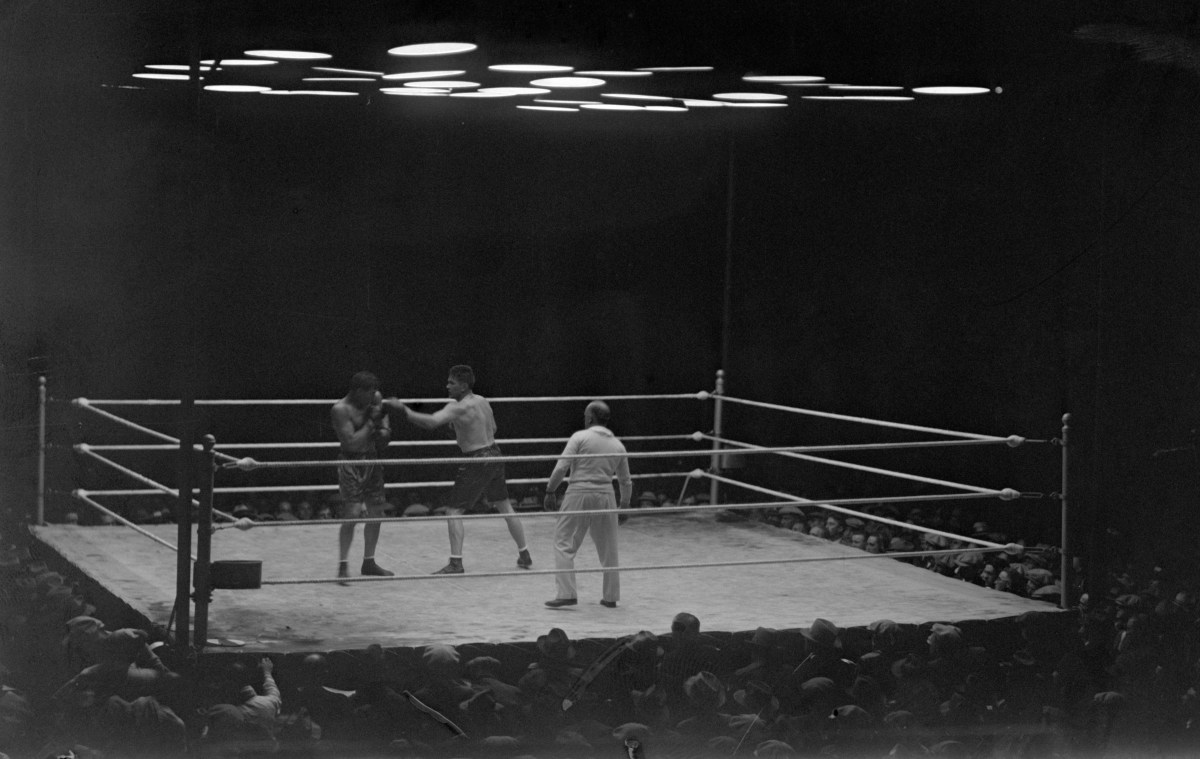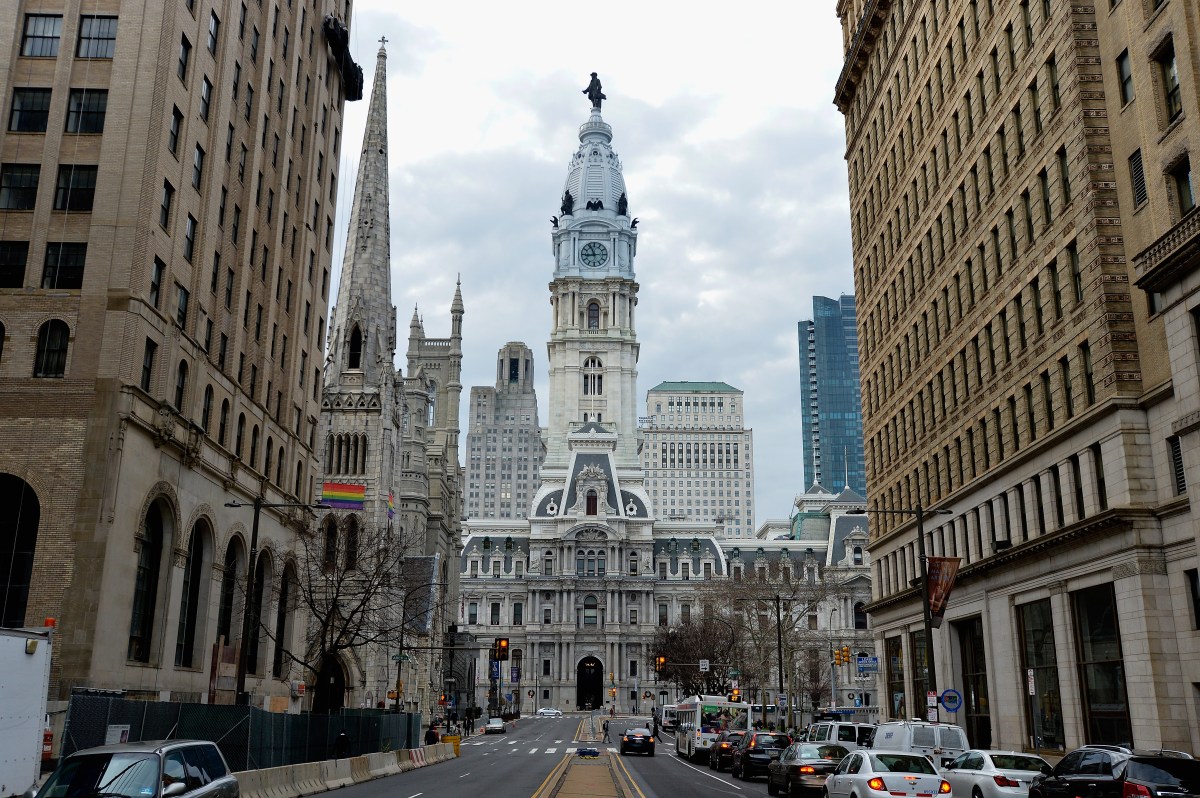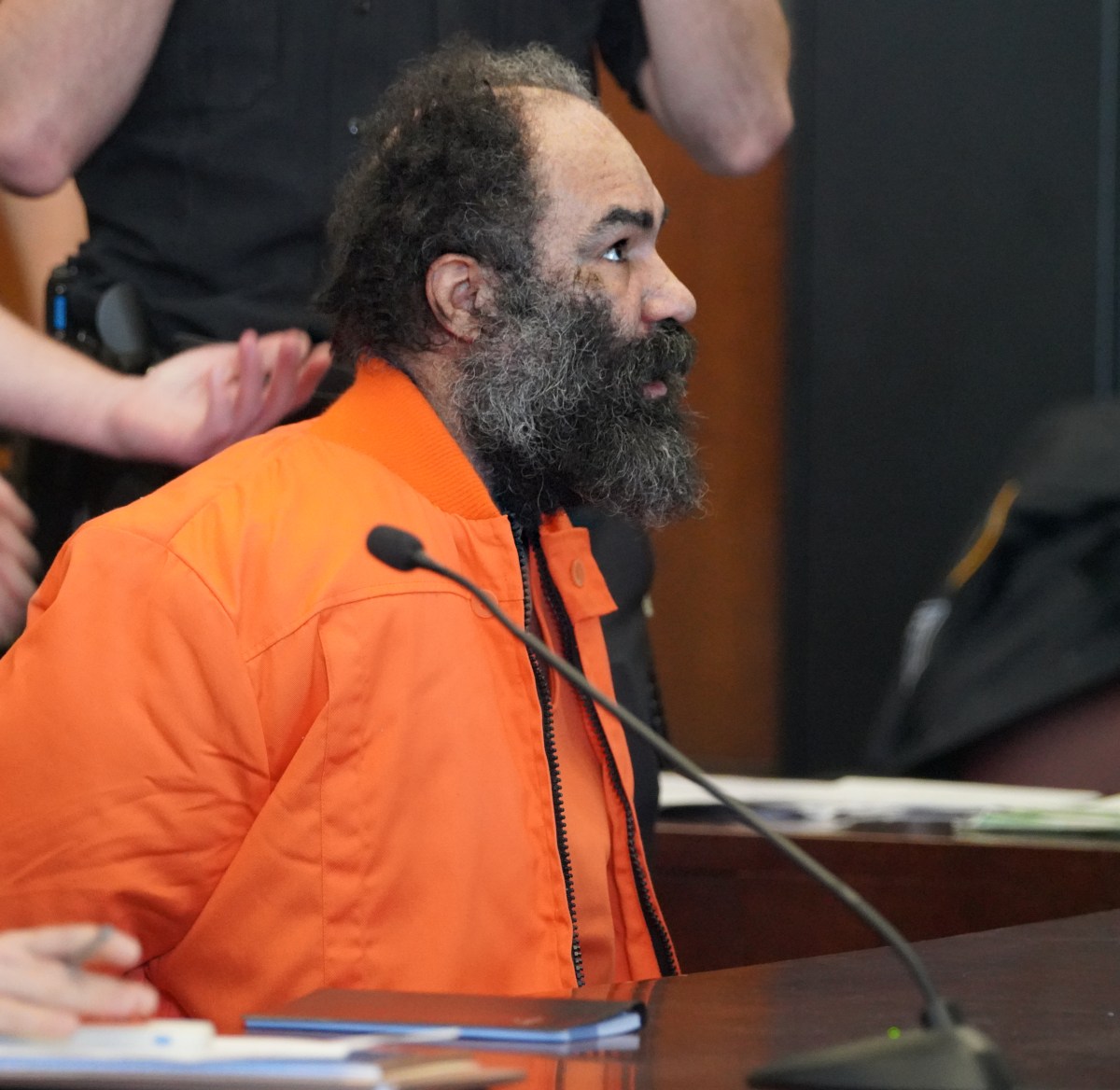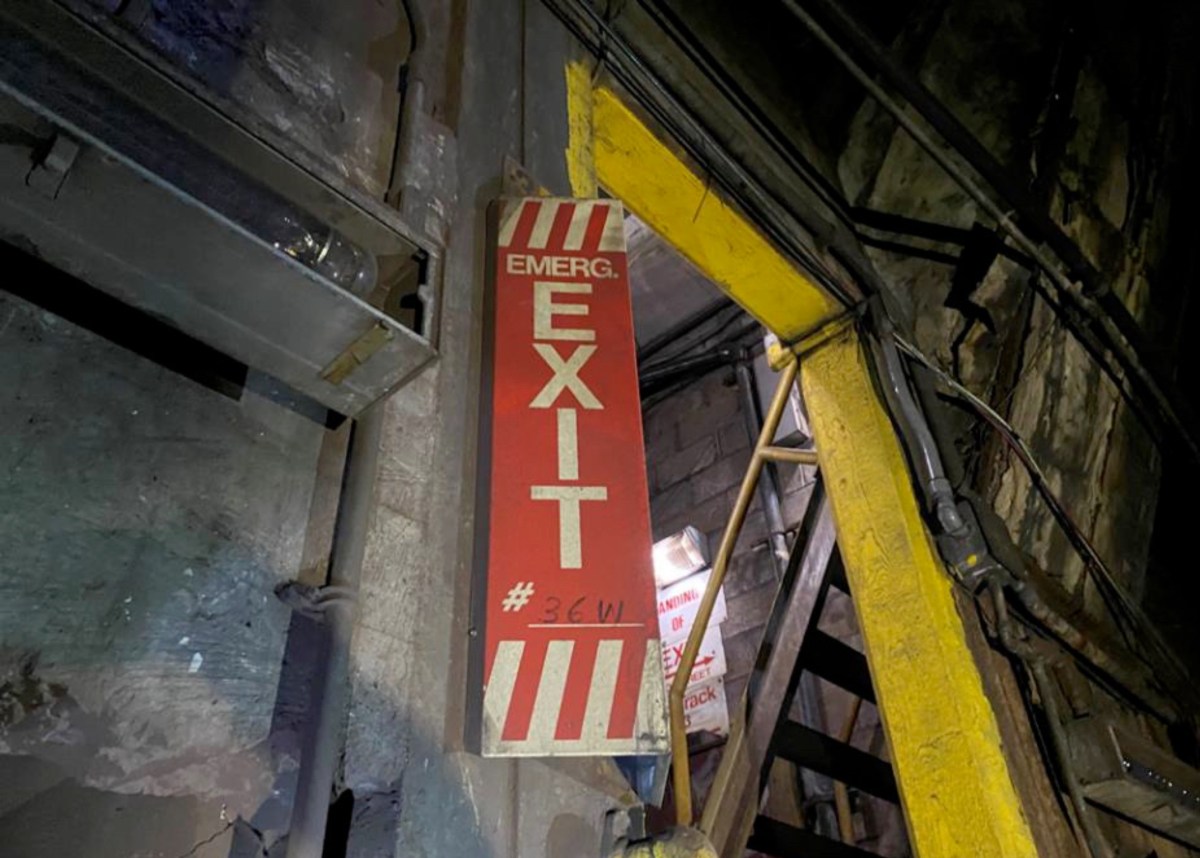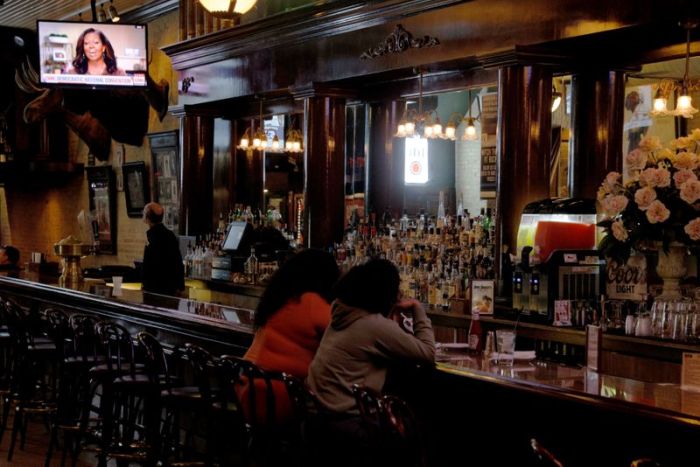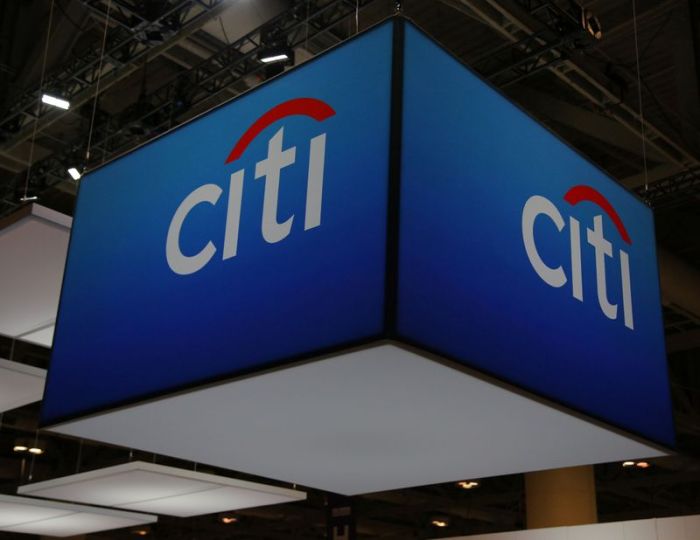(Reuters) – Medication costs for COVID-19 patients hospitalized in the United States have dropped sharply since May, reflecting advances in treatment, shorter stays and use of cheaper generic drugs.
But costs may rise again as hospitals start to pay for Gilead Sciences Inc’s remdesivir.
Research by the health data firm IllumiCare and exclusively shared with Reuters found that hospitals spent $1,090 per COVID-19 patient on medication in July. That was down from $3,011 in May among more than 50 hospitals in 10 states that were analyzed.
Several factors drove down the number. The average length of stay for COVID-19 patients declined by nearly 30%, from 9.6 days in April to 6.8 days in July, the hospital data show. And the number of medications used dropped by 22%, from nearly 20 individual drugs in April to 15.4 drugs in July.
(Graphic: Medication cost per COVID-19 patient admission Medication cost per COVID-19 patient admission, https://graphics.reuters.com/HEALTH-CORONAVIRUS/DRUG-COSTS/bdwpkzgdwvm/chart.png)
Pharmacists say some of the decrease in medications may stem from reduced use of ventilators, which require painkillers for sedation.
“We were throwing the kitchen sink at these patients and now hospitals are getting better at treating these infections,” said G.T. LaBorde, chief executive of IllumiCare, a Birmingham, Alabama-based firm that works with hospitals and analyzes their electronic medical records.
Remdesivir, which helped speed up patients’ recovery in a U.S. trial, won emergency-use authorization in May from U.S. regulators. Gilead donated early doses but has begun charging. It has said the price for commercially insured patients is $3,120 per treatment course and $2,340 for patients on Medicare.
Michael Ganio, senior director of pharmacy practice and quality at the American Society of Health-System Pharmacists, said many of the medications being used on COVID-19 patients are not “budget busters” and drug shortages have often been a bigger problem than cost.
But Ganio said pharmacy costs could increase significantly in the months ahead because of remdesivir.
Overall, many U.S. hospitals continue to face significant financial pressure from the pandemic as new infections remain high across much of the country, including in California, Florida and Texas. And health officials have warned that the upcoming flu season could further stress the healthcare system.
“As healthcare professionals, we are holding our breath for what fall will bring with flu season and COVID,” Ganio said.
In addition to remdesivir, hospital costs also may rise because of the increased use of tocilizumab, an anti-inflammatory drug widely used to treat arthritis. Hospital use jumped 29% among COVID-19 patients during July compared with the month earlier.
Tocilizumab costs more than $2,200 per patient, and is one of a class of drugs that includes Roche’s Actemra.
The most frequently prescribed drug for COVID-19 patients was the anticoagulant enoxaparin. It was given to 50% of inpatients last month at a cost of $322 per patient, the data show.
Another treatment recently found to reduce mortality for some COVID-19 patients, the steroid dexamethasone, costs $8.78 per patient, according to IllumiCare, and it was given to 35.1% of hospitalized COVID-19 patients reviewed in July.
Overall, IllumiCare said it looked at data from March through July at health systems in 10 states, including California, Texas and Alabama. It found more than 4,000 patients who were hospitalized and under treatment primarily for a coronavirus infection, drawing on medical billing codes for respiratory infection, sepsis and related conditions.
The firm excluded some COVID-positive patients, such as pregnant women, who were hospitalized for other reasons.
(Reporting by Chad Terhune. Editing by Peter Henderson and Gerry Doyle)

